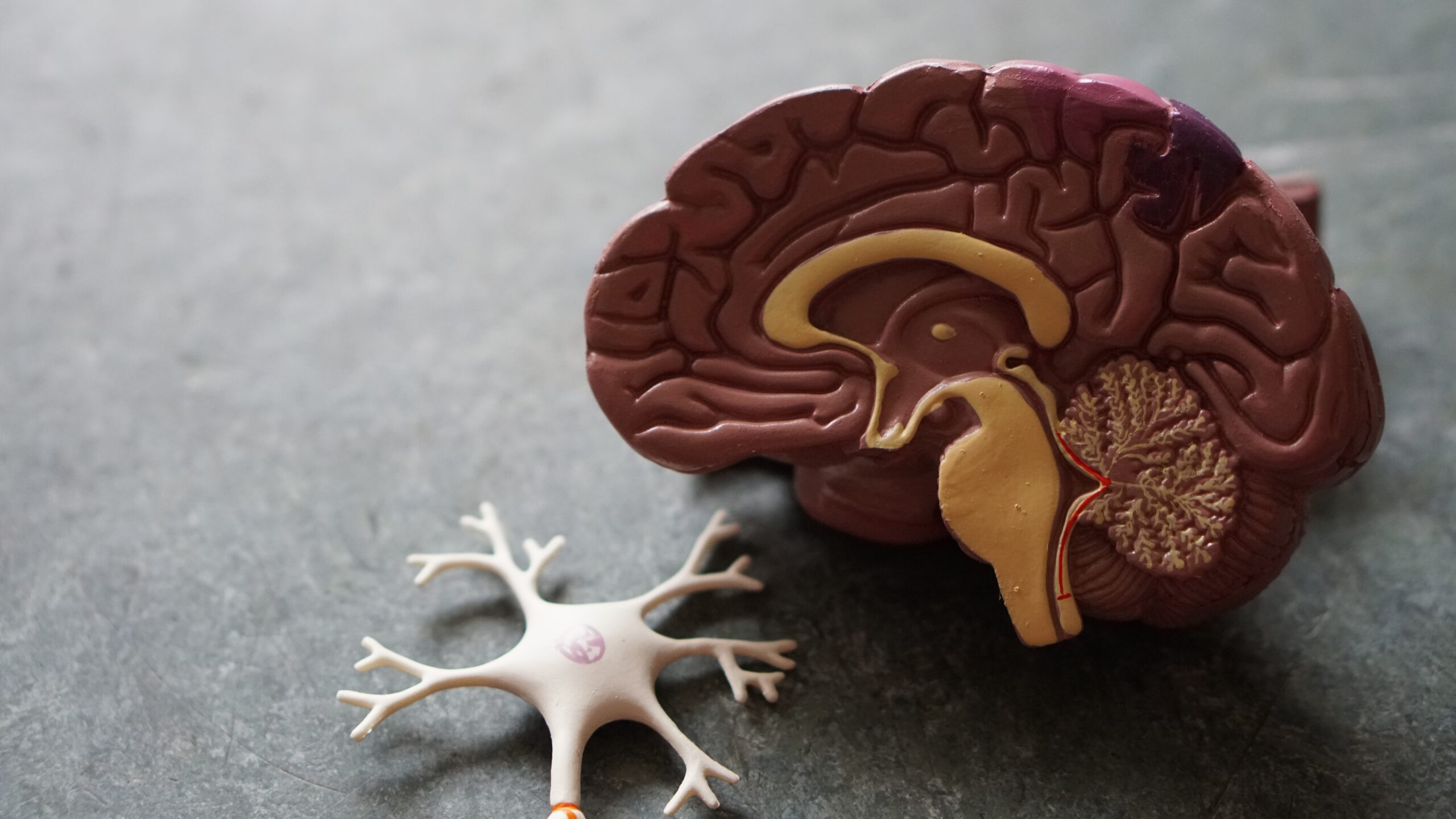Combating Cholesterol: Diet and Lifestyle Solutions

High cholesterol levels can pose a significant risk to our overall health. It is important to understand the impact of cholesterol on our bodies and take necessary steps to combat it. This article will explore various diet and lifestyle solutions that can help lower cholesterol levels and promote a healthier lifestyle.
Understanding Cholesterol
Cholesterol is a waxy substance produced by the liver and also obtained from certain foods. It plays a vital role in the production of hormones, vitamin D, and bile acids. However, when cholesterol levels become too high, it can lead to various health problems, including heart disease.
There are two types of cholesterol: LDL (low-density lipoprotein) and HDL (high-density lipoprotein). LDL cholesterol is often referred to as “bad” cholesterol as it can build up in the arteries, while HDL cholesterol is known as “good” cholesterol as it helps remove LDL cholesterol from the bloodstream.
The Role of Diet
One of the most effective ways to combat high cholesterol is through a healthy diet. Incorporating the following dietary changes can have a positive impact on cholesterol levels:
1. Increase Fiber Intake
Foods rich in soluble fiber, such as oats, barley, legumes, fruits, and vegetables, can help lower LDL cholesterol levels. Aim to include at least 25-30 grams of fiber in your daily diet.
2. Choose Healthy Fats
Avoid saturated and trans fats found in fried foods, processed snacks, and fatty meats. Instead, opt for healthier fats like monounsaturated fats found in olive oil, avocados, and nuts, as well as polyunsaturated fats found in fatty fish like salmon and trout.
3. Include Omega-3 Fatty Acids
Omega-3 fatty acids have been shown to reduce cholesterol levels and lower the risk of heart disease. Include sources of omega-3s such as flaxseeds, chia seeds, walnuts, and fatty fish in your diet.
4. Limit Dietary Cholesterol
While dietary cholesterol doesn’t have as significant an impact on blood cholesterol levels as saturated and trans fats, it’s still important to moderate its intake. Limit foods high in cholesterol, such as organ meats, shellfish, and egg yolks.
Healthy Lifestyle Habits
In addition to a healthy diet, certain lifestyle habits can also contribute to lowering cholesterol levels:
1. Regular Exercise
Engaging in regular physical activity can help increase HDL cholesterol levels and reduce LDL cholesterol. Aim for at least 150 minutes of moderate-intensity exercise or 75 minutes of vigorous exercise per week.
2. Maintain a Healthy Weight
Being overweight or obese can contribute to high cholesterol levels. Adopting a healthy eating plan and engaging in regular exercise can help achieve and maintain a healthy weight.
3. Quit Smoking
Smoking not only damages blood vessels but also lowers HDL cholesterol levels. Quitting smoking can have a positive impact on cholesterol levels and overall cardiovascular health.
4. Limit Alcohol Consumption
Excessive alcohol consumption can lead to high cholesterol levels. It’s important to limit alcohol intake to moderate levels, which means up to one drink per day for women and up to two drinks per day for men.
Monitoring and Medication
Regular cholesterol screenings are essential to monitor cholesterol levels. In some cases, lifestyle changes may not be enough, and medication may be necessary to manage high cholesterol. It’s important to consult with a healthcare professional to determine the most appropriate treatment plan.
Conclusion
Combating high cholesterol requires a holistic approach that includes a healthy diet, regular exercise, and lifestyle modifications. By making these changes, you can lower cholesterol levels, reduce the risk of heart disease, and improve overall health. Remember to consult with a healthcare professional for personalized advice and guidance.
Disclaimer: This article is for informational purposes only and should not replace professional medical advice. Always consult with a healthcare professional before making any significant changes to your diet or lifestyle.




